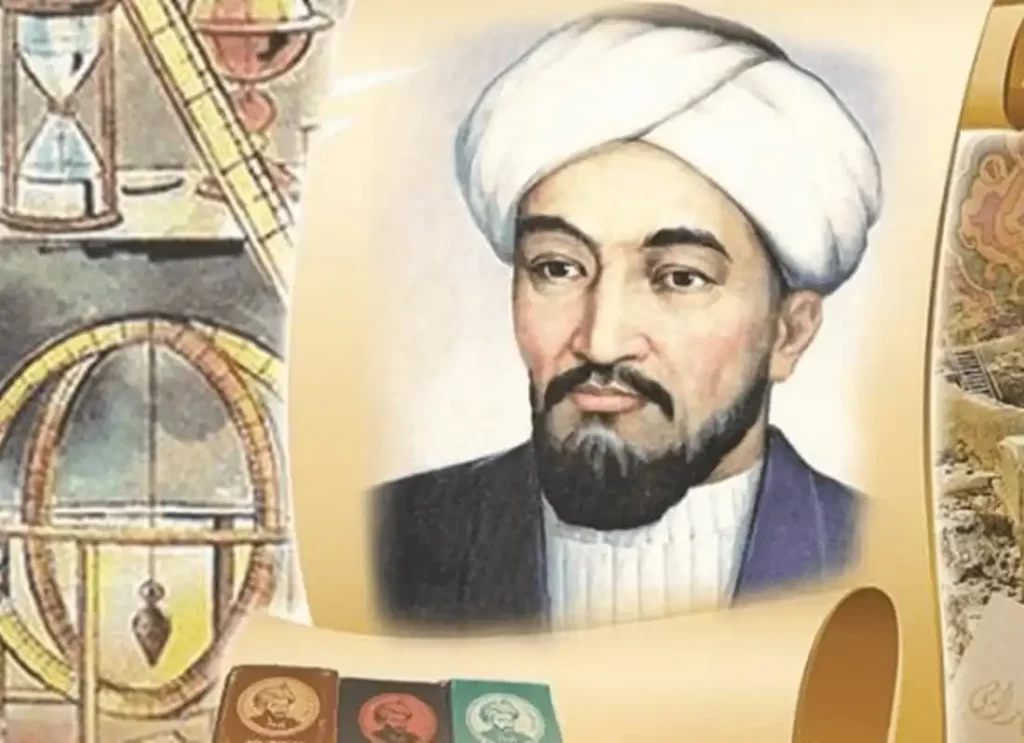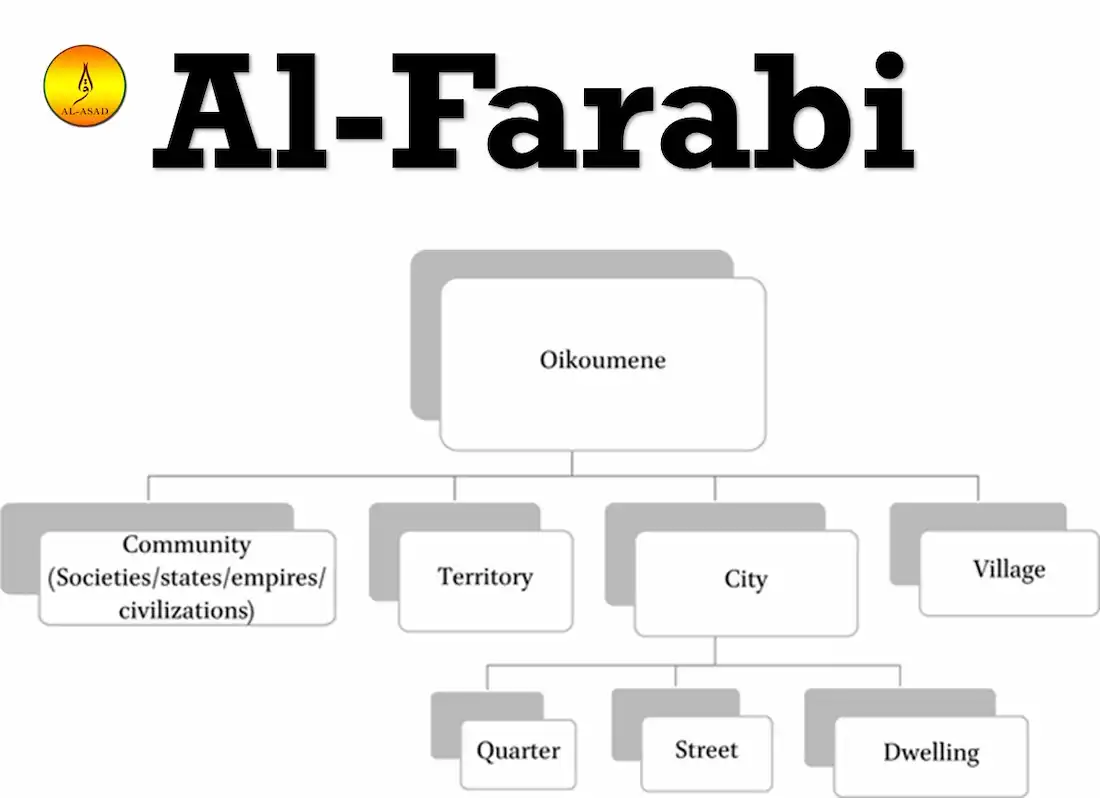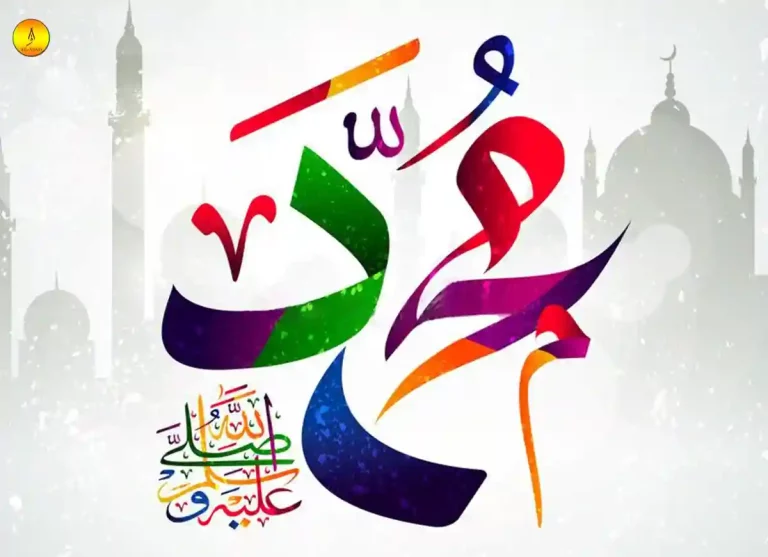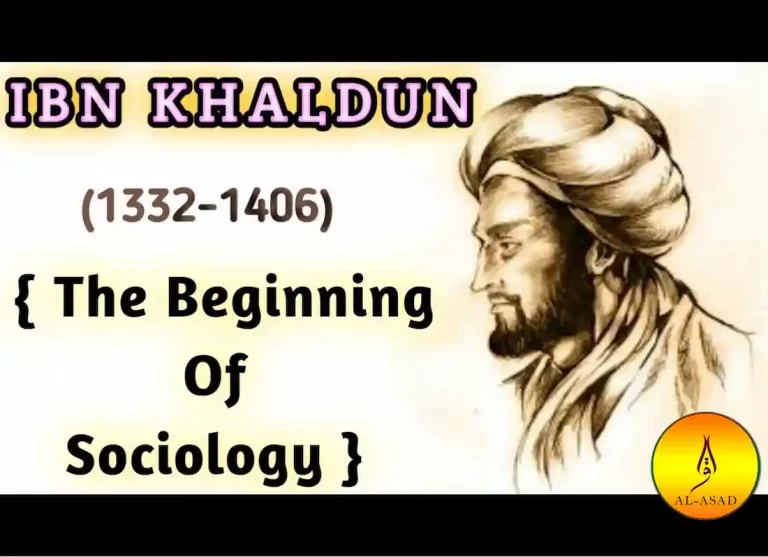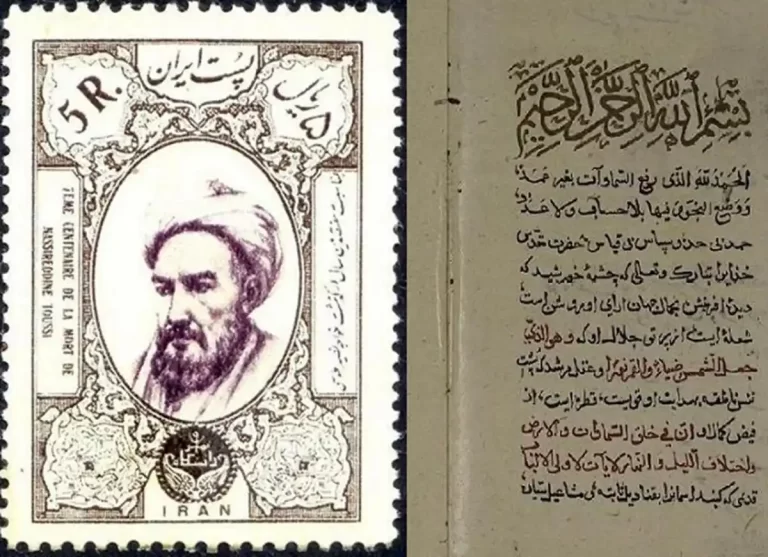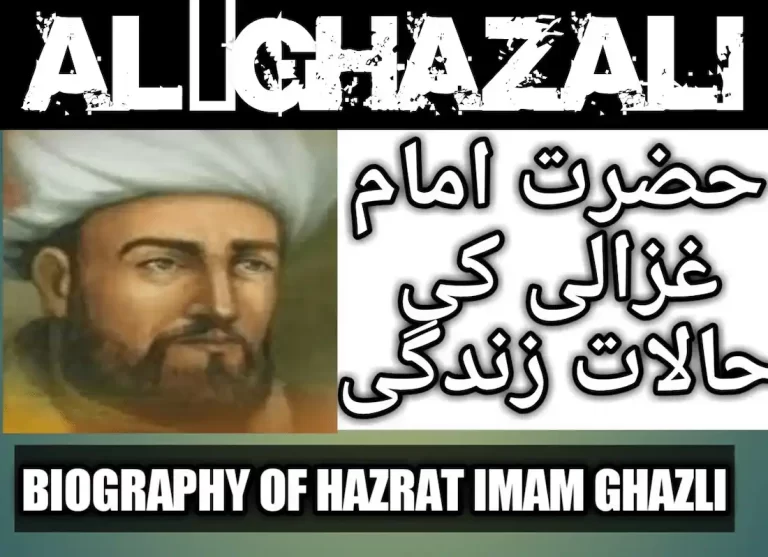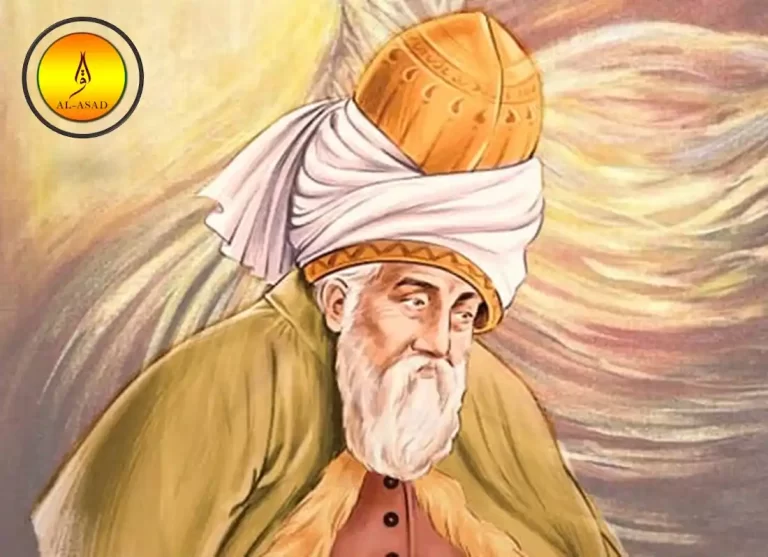Abu Nasr Muhammad al-Farabi, one of the first Islamic intellectuals, was instrumental in the transmission of the doctrines Aristotle and Plato to the Muslim world. His influence was significant on later Islamic philosophers like Avicenna.
He was a remarkable linguist, who translated the Greek works by Plato and Aristotle into Greek and added considerable value to them. He was given the nickname Mallim-e-Sani which means “second master” or teacher.
Suggested Read : How Many Chapters in Quran? ,la ilaha illa anta subhanaka, Has The Quran Been Changed?, How Many Pages in Quran? , Allahumma Ajirni Minan Naar, Allahu Mahdina, Allahu Alam , Allah Yashfeek , Allah Subhanahu Wa Ta’ala
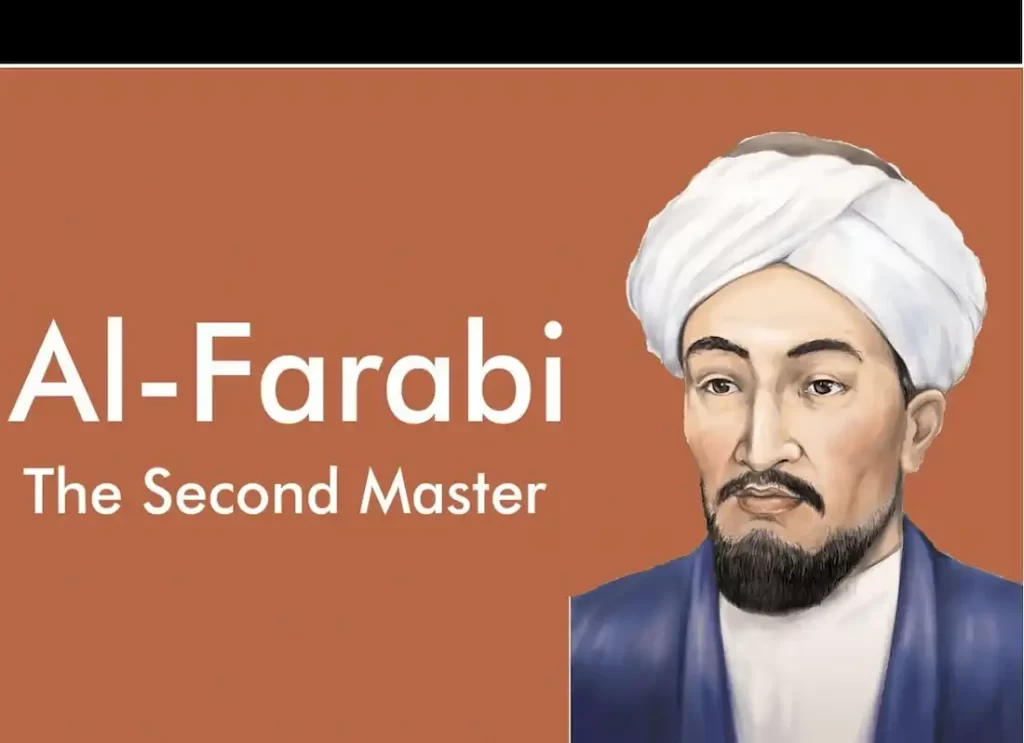
Early life:
Al-Farabi received his education at Farab, Bukhara and Bukhara. He later went to Baghdad to pursue higher education. There he worked and studied for a while. He learned many languages and various branches of technology during this time. Farabi made significant contributions to science, philosophy and logic as well as sociology, medicine, math, mathematics, and music. His greatest contributions were in philosophy and logic, and he is known as an Encyclopedist.
Contributions and Achievements
Farabi, a philosopher and theologian, was the first to distinguish philosophy from theology. His views are hard to find in the Christian and Muslim worlds. He believed in a supreme Being that created the universe through the use of balanced intelligence. This rational faculty was also his belief that the only part of the human being who is immortal is the rational faculty. He therefore set the highest human goal to develop that rational faculty. He paid more attention to political theory than any Islamic philosopher.
Farabi later in his work outlined in Platonic fashion what qualities a ruler should possess. Farabi stated that rulers should have the ability to lead by native characteristics and display the right attitude to do so. Al-Farabi’s political philosophy centers around the concept of happiness. This is where people work together to achieve contentment.
Al-Farabi followed the Greek model and allocating the highest rank in happiness to his ideal sovereign, whose soul was ‘united’ with the Active Intellect, was an extension of this philosophy. Farabi was a great source of inspiration for intellectuals in the middle ages. He made huge contributions to the knowledge of his time, which paved the way for later philosophers and thinkers from the Muslim world.
Farabian epistemology is both Neoplatonic as well as Aristotelian. His Kitab ihsa al ulum is the best source of Farabi’s knowledge classification. This work demonstrates Farabi’s beliefs in both the esoteric as well as exoteric. All of them have a primary Aristotelian emphasis on the importance knowledge. Al-Farabi’s epistemology may therefore be described as encyclopedic in scope and complex in articulation. It uses both a Neoplatonic voice and an Aristotelian one.
Farabi was also involved in the writing of books on early Muslim sociology, and a book on music called Kitab al-Musiqa (“The Book of Music”) Although it is a study on the theory of Persian music in his time, the West has introduced the book as a book about Arab music. Apart from his contributions to the knowledge and invention of musical notes, he also invented many musical instruments. He was said to be able to play his instrument so well that it could make people laugh or cry at will. Farabi’s book Meanings of the Intellect, which dealt with music therapy, discussed the therapeutic effects of music for the soul.
Dua For Success, Dua For Marriage , Dua For Rain, Dua For Parents, Powerful Dua and Dua For The Sick
Suggested Read: The Islamic World by Ladan Akbarnia, Nahj al-Balagha by Imam Ali Ibn Abi Taleb, Lost Islamic History by Firas Alkhateeb, Stranger The History by Aatish Taseer, Prophet Muhammad (PBUH) by Abu Moosa Reza, Islamic Art by Luca Mozzati and Islamic History For Kids: Story of Uhud
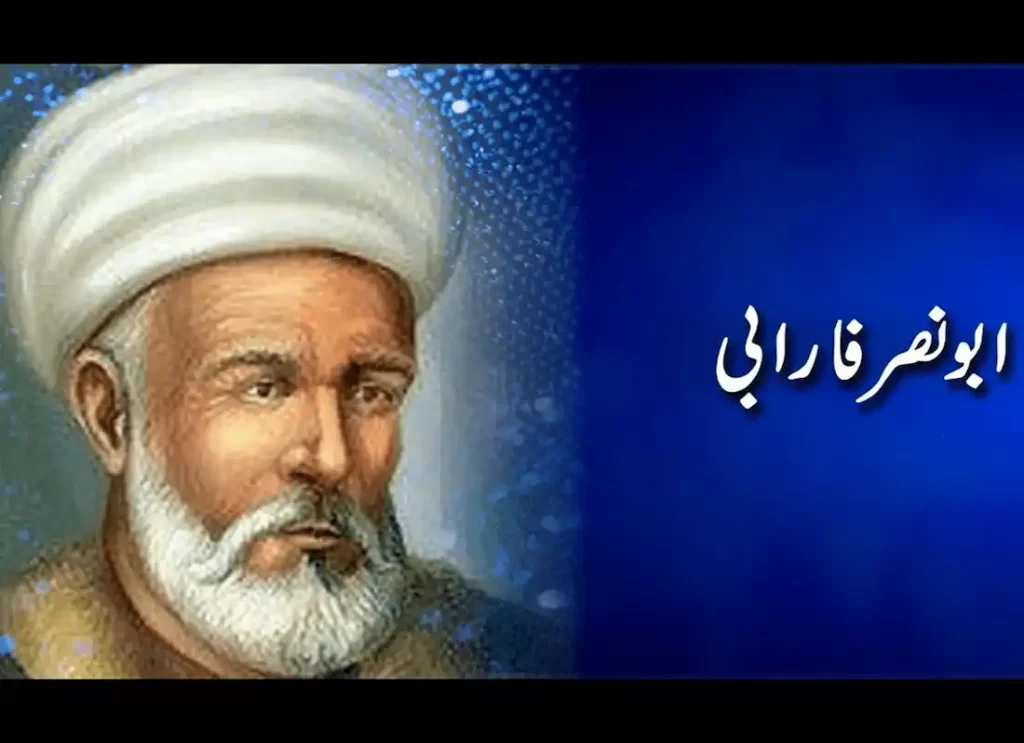
Later Life
Farabi was a traveler who traveled far and wide throughout his life. He gained many valuable experiences. Farabi made many contributions that are still being remembered and appreciated today. He persevered despite many hardships and was a popular scientist of history. At the age of 80, he died in Damascus as a bachelor.
